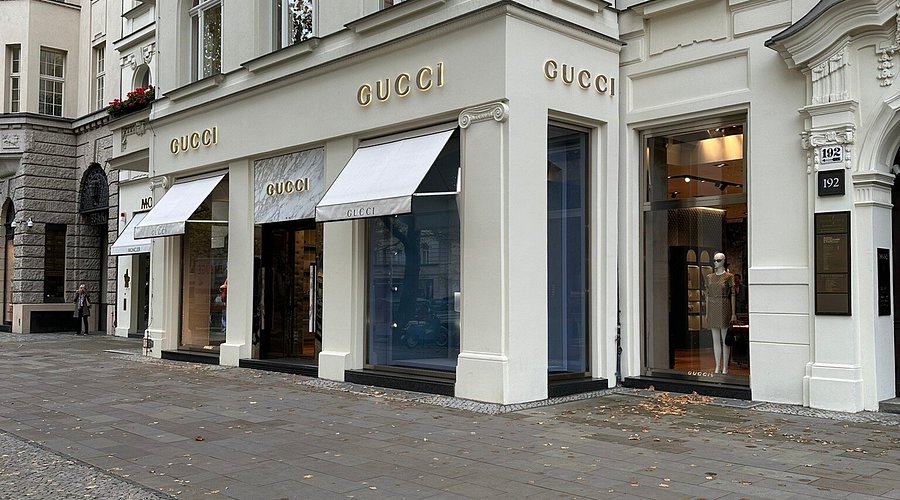Quiet Philanthropy: Why the Richest Donors Are Choosing Invisible Giving
By
Sophie Moore
Last updated:
October 1, 2025
First Published:
December 2, 2025

Photo: CNBC
A subtle shift in philanthropy
For decades, philanthropy by the ultra wealthy has often been associated with grand gestures—naming rights on buildings, public pledges, and highly publicized donations. Today, however, a quieter movement is reshaping the culture of giving. The richest donors are increasingly choosing invisible philanthropy, where the focus is on genuine impact rather than public recognition.
Why invisibility appeals to the elite
Wealth often comes with scrutiny. High-profile donations attract media attention, political debate, and sometimes criticism of motives. For billionaires who value privacy, invisible giving provides a way to contribute meaningfully without entering the spotlight. It allows them to separate their personal identity from the causes they support.
Impact over image
Quiet philanthropy is rooted in a philosophy that true generosity requires no stage. These donors prioritize outcomes—whether funding medical research, supporting education in underserved communities, or preserving the environment—over the publicity that usually surrounds philanthropy. For them, the satisfaction lies in knowing change has been made, not in being publicly applauded for it.
Anonymous networks of giving
Invisible philanthropy does not mean isolation. Many billionaires have joined discreet networks of donors who collaborate privately on global issues. These circles operate outside the media’s eye, allowing members to pool resources, share knowledge, and create large-scale solutions while maintaining complete anonymity.
The influence of legacy planning
For some, invisible giving is tied to legacy. Instead of attaching their name to a building, they want their wealth to create an enduring, silent impact that speaks for itself long after they are gone. This approach reflects a deeper desire for their fortune to improve humanity without the distractions of ego.
Philanthropy as a personal ritual
Quiet philanthropy often becomes more intimate than public giving. Without the pressure of ceremonies or speeches, donors engage more closely with the causes they fund. Some visit beneficiaries privately, work directly with grassroots leaders, and even live temporarily among the communities they support, finding personal meaning in their contributions.
Avoiding the politics of giving
Public philanthropy often intersects with politics, where donations can be perceived as strategic tools for influence. By choosing invisible giving, billionaires sidestep controversy. Their contributions are directed purely at impact, not at shaping public narratives or political advantage. This discretion preserves the authenticity of their intentions.
Cultural and spiritual motivations
In many cultures, anonymous giving is viewed as the purest form of charity. For certain wealthy donors, invisible philanthropy aligns with spiritual or philosophical beliefs that generosity should be private. The act of giving without acknowledgment reinforces humility, even at the highest levels of wealth.
Redefining what it means to be wealthy
Invisible philanthropy also challenges traditional definitions of affluence. Instead of wealth being displayed through visible consumption or high-profile generosity, it becomes a quiet force that flows into the world without drawing attention back to the giver. This approach redefines wealth as influence measured in silent change rather than visible recognition.
The future of invisible generosity
As billionaires face increasing public scrutiny and as global challenges grow more complex, quiet philanthropy is likely to expand. The richest donors are proving that true wealth is not about how loudly one gives, but about how deeply one impacts lives. In the age of attention, choosing invisibility may become the most powerful form of generosity.
Subscribe to unlock premium content
Sed at tellus, pharetra lacus, aenean risus non nisl ultricies commodo diam aliquet arcu enim eu leo porttitor habitasse adipiscing porttitor varius ultricies facilisis viverra lacus neque.
A comprehensive guide on Agile development

10 Productivity tools that are worth checking out

Top 7 Must have management tools for productivity

A comprehensive guide on Agile development

10 Productivity tools that are worth checking out

A comprehensive guide on Agile development









